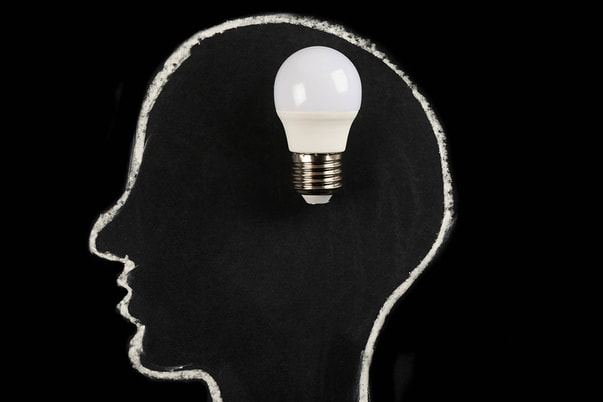I spent the next two decades operating with a truth detector that worked only intermittently, when I really wanted it to. Which means I spent a fair share of my life being dead wrong.
The 1995 O. J. Simpson case was a good example. My interest in pro football was skyrocketing that year, as the Packers climbed into the ranks of the elite teams, and O. J. was a true NFL hero. I didn’t want him to be guilty of murdering his ex-wife. So I eagerly embraced the contention that, unlike the bloodbath at the crime scene itself, there were only a few drops of blood in his Bronco. I agreed that those drops had undoubtedly been planted, perhaps by a corrupt or jealous policeman.
I clung to these notions, using them to screen the rest of the evidence. When it came time to look at the big picture, I donned my Agatha Christie lenses, absolutely certain that the solution could not be as obvious as it looked. I reasoned that no one could have been as stupid as O. J. would’ve had to have been to commit this terrible crime. I concluded that there was another killer on the loose – perhaps his son – and that O. J. had either been expertly framed or was sacrificing himself for his kid. I made no secret of my relief when the not-guilty verdict was delivered.
In February of 2000, lying on a beach in Jamaica with my anti-O. J. golfing girlfriends, oblivious to the cancer growing in my mother’s belly, I read lead prosecutor Marcia Clark’s book Without a Doubt. And discovered that I had done quite a remarkable job of closing my eyes to an entire evidence-room full of indisputable facts.
When I sheepishly admitted my error to my girlfriends, they crowed.
“Ha!” said the one I knew best. “I told you so! I TOLD you! Next time, maybe you’ll listen to me!”
It was then that I decided never again to let my emotions and biases distort objective truth. It was a major departure for someone who had always been ruled by her feelings; Marcia Clark had done what multiple leakers and liars had failed to do.
* * * * *
Perhaps not so coincidentally, my resolve to search out the unvarnished truth would be tested just a few months later, as I began investigating my mother’s faith.
Once again, I was being forced to consider the possibility that something I had long refused to believe might actually be true.
In the very early going, I kept stumbling over my virtual certainty that my mother’s religion was ugly and prudish and intolerant; that it was arrogant beyond belief with its claims of absolute and exclusive truth; and that it starred a Creator who, if He existed, took great pleasure in giving His creatures good things like food and drink and money and sex and then telling them “Hands off!”
These were among the reasons I had developed my own little theological system over the decades – one that could be adjusted whenever necessary to accommodate some fun idea put forth in a conversation or book or even a movie like the too-cool afterlife fantasy “What Dreams May Come,” with its resident-run, “they all lived happily ever after” portrayal of heaven.
Even though I was sort of leaning towards the existence of a God by the mid-1990s, my personal theology certainly didn’t depend on such a being. Mine was a passive-tense theology: We were put here to reach our full potential as human beings. We would be judged based on our characters and good deeds. Those who were allowed into heaven (if it existed) would include just about everyone except Adolf Hitler and Christian fundamentalists.
If I didn’t want to address the issue of who, if anyone, would do the putting, judging and allowing, well, that was my business; it was my afterlife scenario, after all. And it was just as valid as anyone else’s, because no one could possibly know for sure what happens to us after we die. No one.
* * * * *
During that tumultuous decade, I even toyed occasionally with the flip side of the “can’t know” coin – the idea that absolute truth doesn’t even exist, no matter what the ancient Greeks may have thought.
But then in early 2001 I read an interesting refutation of that idea. It went something like this:
To say that absolute truth doesn’t exist is to make a statement of absolute truth.
If it’s true, it’s false.
And so it breaks the law of non-contradiction.
I thought about that long and hard and could find no way around it. Absolute truth was apparently alive and well in our 21st century world and apparently always would be.
It was a very reassuring conclusion.
--Heaven Without Her, pages 93-95


 RSS Feed
RSS Feed